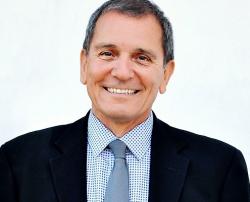Measuring Success On the Pitch With Jim Madrid
OP-ED editorial by Jim Madrid
Founder and CEO of AST (Advance Sports Technology, Inc.), Jim Madrid has become one of the most highly respected educators in the world today. His singular style of teaching – taking the complex concepts and current research results from the fields of cognitive psychology and social learning theory, and making them easy to understand and even easier to use – has brought him students from all over the globe.
Jim is currently the Mental Conditioning coach for California State University, Fullerton Athletic Department as well as MLS’ Seattle Sounders FC and NFL’s Washington Redskins and LA Chargers Players.
In the final analysis, Madrid is a masterful educator, who is remarkably successful at empowering individuals and teams to achieve their full potential.
In Soccer — as in Life, Why Are Some People More Successful than others?
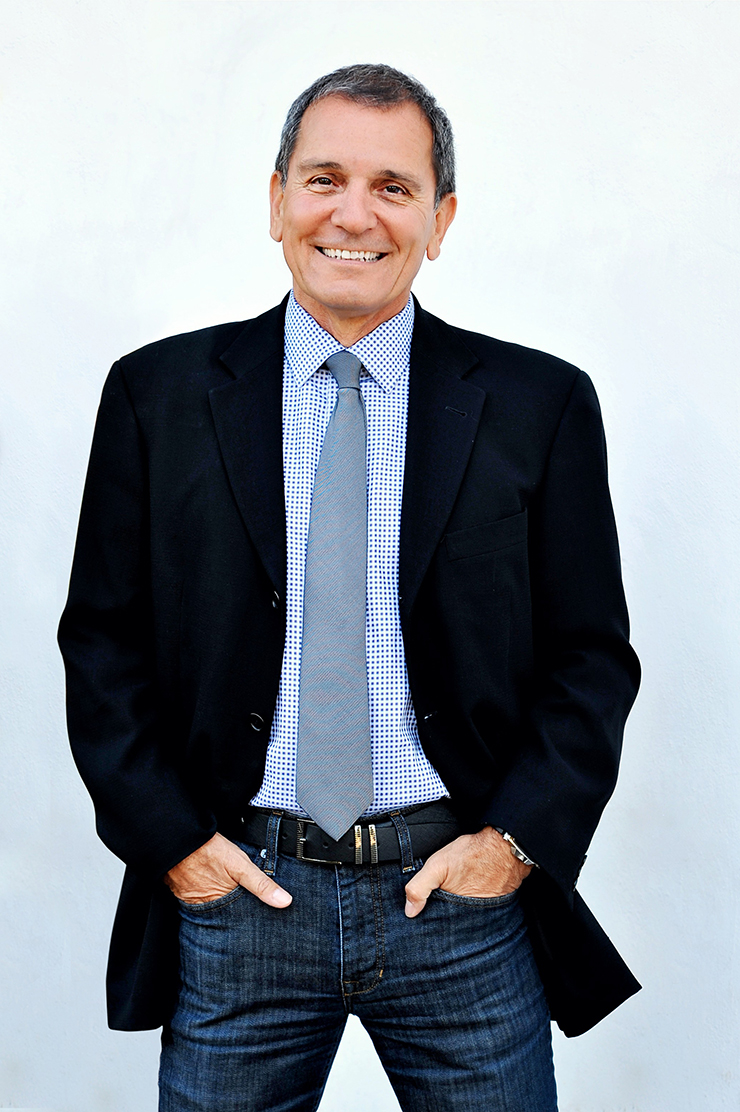
What makes one team different or better than another?
What’s the best criteria for determining success?
Honest answers to these two questions are all you need to change your future.
I believe that answering the question of what criteria you use to measure success will give you the answer to question number one. There has to be a way for you to keep score or what would be the point of playing.
Focus on the goal and at the very same time, never worry about how you are going to get there.
To focus on too much “how” only raises more obstacles. You have enough of those already. The good news is they’re easily fixable.
All of the obstacles you face collectively as a team and individually are simply a reflection of your own doubts, motivation, perspective, and energy. It’s not an accident that what most team’s list in their discussion on team improvement meetings is similar — often the lists reinforce the core strengths and weaknesses that are already shared.
It is your complimentary nature that is the main ingredient in your arsenal for taking your team to the next level.
I personally have a great deal of experience in moving the needle.
It always begins with a refresher course on the wisdom of uncertainty and a reminder that success is not a destination; it is a journey.

As one person can be infinitely flexible, mobile and impactful, so can a group of individuals that see one goal or seek one ideal or better yet, have one voice. A team voice, the articulation of the culture is what drives team, groups, companies to change, to improve, to build and to excel.
Nothing will happen unless or until all of the stakeholders play by the same rules.
And approach the vision, not necessarily with the same intensity, but with the same commitment to excellence.
It is after all what Aristotle said that rings true.
“We are what we repeatedly do.” Excellence is not an act but a habit.
A habit is born or destroyed in the present. It doesn’t matter what you’ve done before or what you think you want to do. It matters what you are doing this minute. Now. Present time.
Change what is and it will change what will be.
We need to “create” new habits, collectively and individually. Habits that fulfill our personal desires and fuel our daily ritual with energy that begets confidence and perpetuates a love for the tasks at hand and an appreciation for how it is changing each of our worlds.
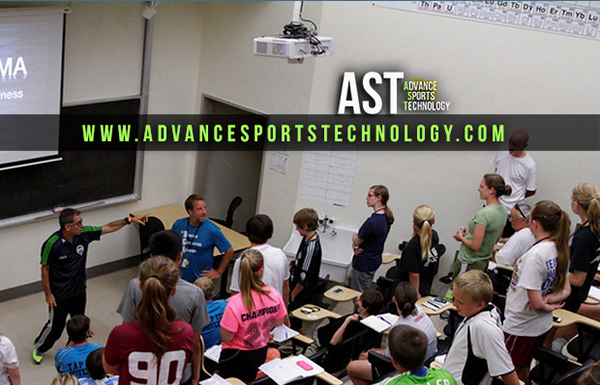
The principle at play here is that by creating a culture that is stimulating, positive and dynamic you will attract stimulating, positive and dynamic players. The culture will be your engine, driving your team as well as each player to their desired destination.
The fuel for the engine is you coach and anybody or everybody that comes into contact with the team. One feeds off the other. It creates the energy of the most powerful kind; willpower. To that end, you will determine the “rules of engagement” for success for the team and for each of you on the team. That is you must define in what arena you will compete and how you determine victory. Individually you will be asked to decide if your own personal goals can be achieved within your new society.
A society that will formalize some rules, regulations, and procedures that will ensure that the culture is not only stimulating but productive as well.
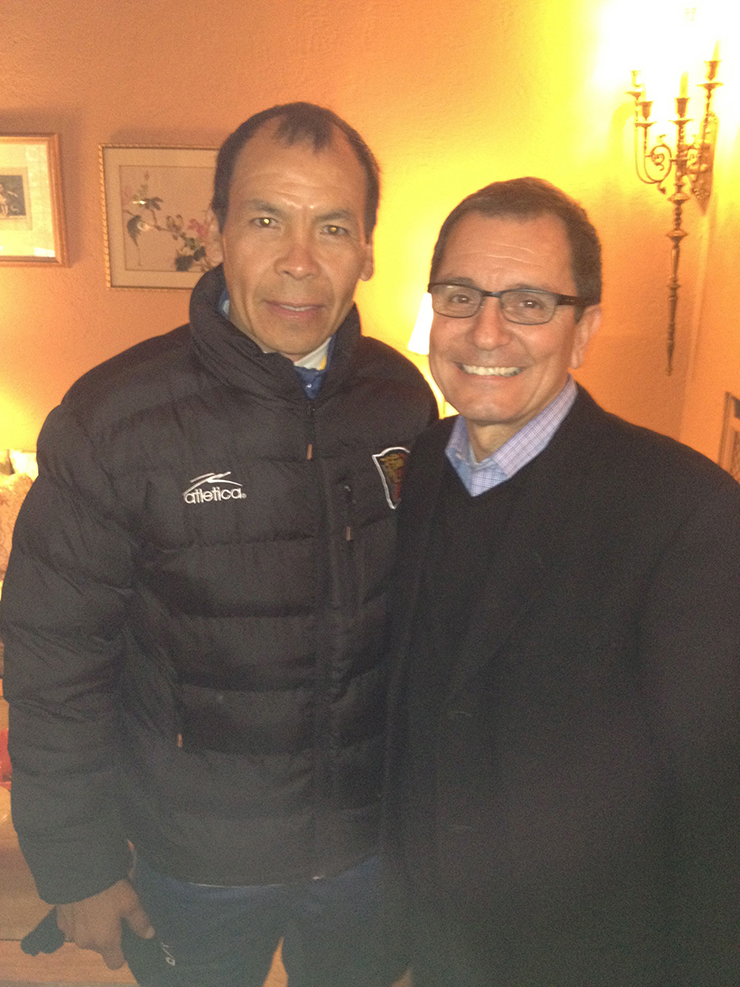
Therefore, it will be incumbent on each of you to decide on what aspect of our job description you can improve upon and also how to be accountable for your own personal success as it relates to your role in the success of the team.
This means taking ownership and responsibility for your work.
It means too that failure to reach our goals has a corresponding consequence. And of course, it means there will be some pain attached to the process.
Having said that, the pain can most assuredly be minimized as the culture grows to create a day-to-day environment that helps all of you manifest our specialness. The goal is to create an identity for your brand that embodies your “vision
accomplished” mindset but is elegantly supported by a process and methodology that imparts confidence, success, and trust.
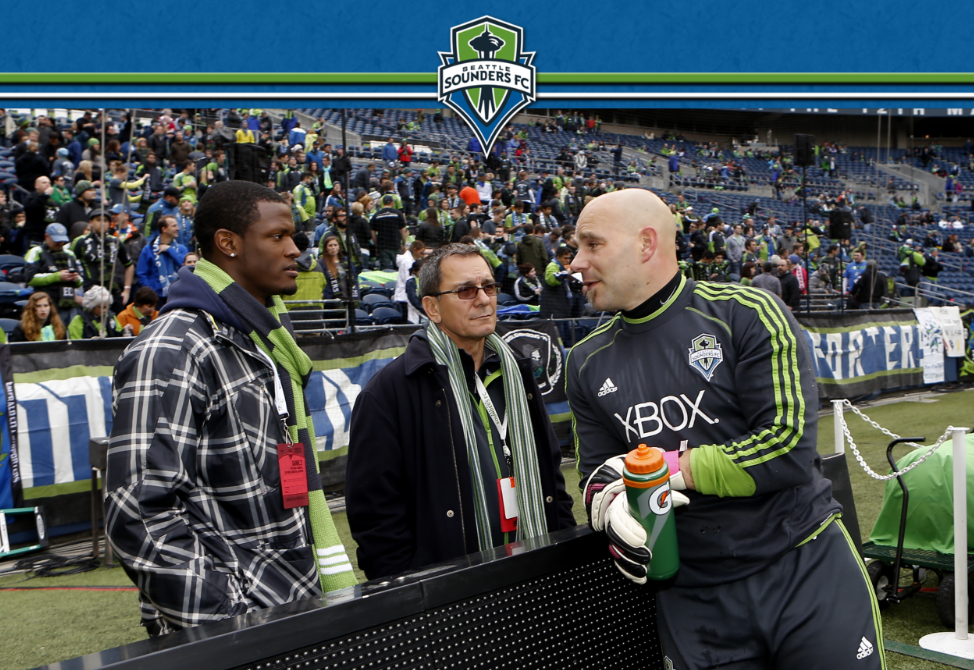
Trust actually is the primary by-product of this initiative. It allows for more freedom and flexibility by building into the infrastructure the systems and checkpoints that allow you to grow. The system you will employ is proven effective and is already written and ready to implement. But alas no one has followed the system for long in the past and we revert to your old ways, your old habits.
Which takes me back to the original point.
New habits are formed in the present, the here and now. Your first assignment is for each of you to seriously consider your options for personal success and ask yourselves would I like achieving it here with these people.
Then ask yourself, how willing are you to learn and tear down some old habits in order to build a new model?
And ask yourself how important is it for the rest of the team to trust you, knowing that if you let them down it keeps them from achieving.
And finally, if you do let them down, what’s the team’s recourse? How will we be truly accountable?
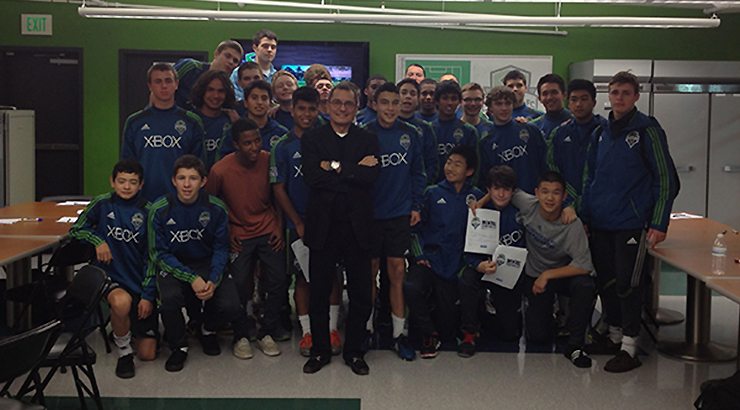
It will change the way you think of each other and of your own ability to create the future you want.
I know how to do this. I’ve done it before and it’s way much more fun than pain.
“When the student is ready, the teacher will appear.” You can get there from here if you want.
Some say that happiness is a state of mind.
Others believe that happiness can be manufactured with things and money and hard work. Most agree though, that happiness is a personal condition and is truly in the eyes of the beholder.
That is to say that one person may find happiness in a place that you and I may never think to look; and conversely, they may look at us and shrug at the notion that what we deem as a state of happiness isn’t more than a hype.

They could be right of course, it could only be hype. It’s within this context that many of the self-help books, tapes, seminars, clubs, and programs that exist today exist only because they thrive on peoples’ need to find happiness. They tell us to follow their program and way of thinking.
And at least half of these “programs” define happiness as success.
Just as many however will tell you that happiness is not about a goal or a destination but is more about the state of the journey. The bottom line is that, like anything else that is relative, we all will seek our own level.
One thing I’ve learned is that if you rely on another person to make you happy, you’re dead before you start.
To prove this, simply look around at all of the unhappy couples and parents and relationships and listen to how some other person has been blamed for a lack of happiness.

“If only they’d appreciated me” or “If he would love me I’d be happy” or ” they kept me from doing what I wanted” or the best one: “they promised” …. All of these are simple reactions to life that have one thing in common. They blame someone else. Which in a roundabout way leads me to my own personal premise on happiness:
Responsibility is the key.
Take the challenge on your own. If this moment you’re doing something that makes you unhappy, try to stop it. Choose for yourself the path you want and know that seeking happiness is not the same as being selfish. Being selfish is to take or keep something from someone. Seeking one’s own happiness however is the essence of giving.
A gift to oneself. A gift that no one else can give you.
Seeking one’s own happiness starts with the knowledge that you are the only person in the whole world that knows what makes you happy, and sometimes you’re the only one that cares.

